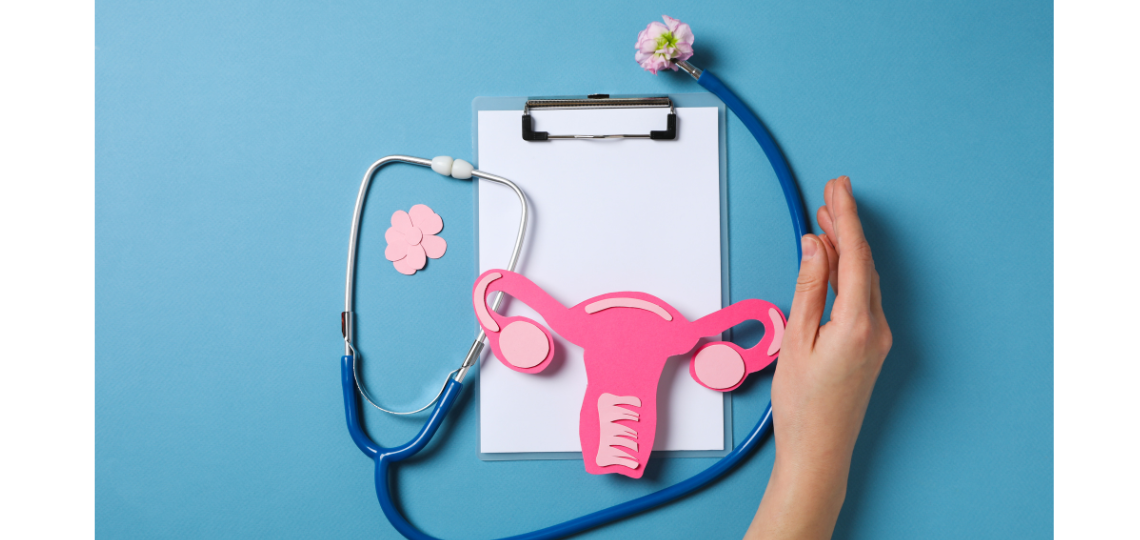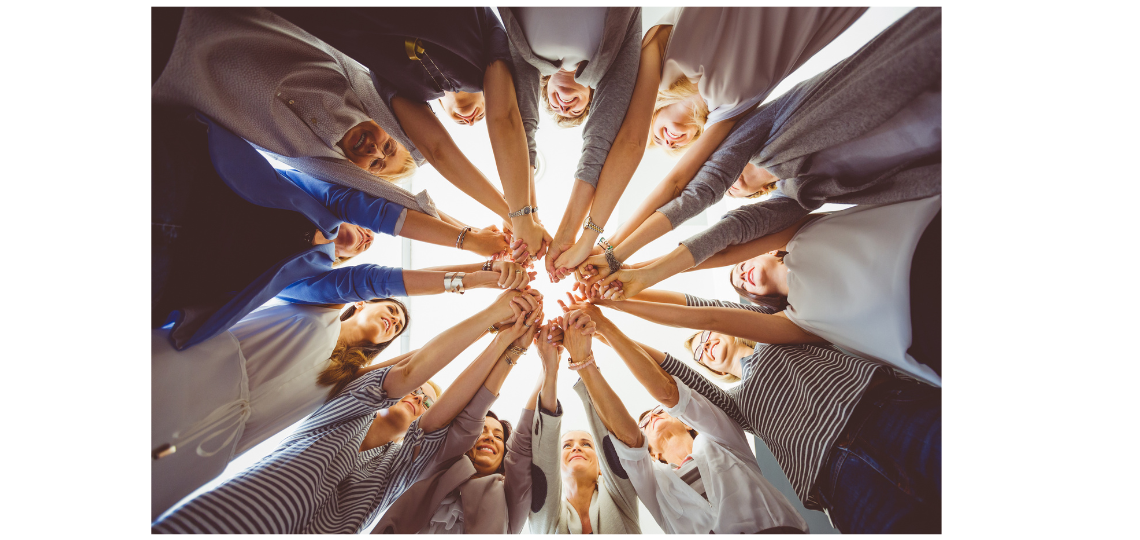WISDOM is conducting a pioneering research study to explore how women’s exposure to environmental toxins in the home and the workplace influence breast cancer risk. Supported by a grant from the U.S. Department of Defense, our new project, led by Dr. Kim Badal, is designed to find out whether adding environmental exposure information into WISDOM’s breast cancer risk models makes them more accurate. WISDOM uses breast cancer risk models (similar to a calculator) to determine a woman’s risk for breast cancer, and decide how often a person should be screened and what type of screening should be done (mammogram, or both mammogram and MRI). Incorporating information on a person’s exposure to environmental toxins could transform breast cancer prevention and early detection strategies.
Understanding the Environmental Impact
Up until now, breast cancer risk models rely on a person’s health history, and do not take into account a person’s exposure to environmental toxins. New evidence suggests that factors such as exposure to pollutants where you live and work can significantly impact breast cancer risk. For instance, studies have linked living in historically underserved or impoverished neighborhoods or working night shifts to increased incidences of aggressive breast tumors.
Innovative Research Approach
To delve deeper into these links, this new research study will be offered to current WISDOM participants.
- We will invite participants to complete detailed questionnaires about their work and residential histories.
- Then our researchers will add information from some external sources to the participants questionnaire responses in order to estimate environmental exposure over time.
- In addition, they will analyze stored saliva samples to examine DNA methylation patterns or how cells label or tag certain parts of the DNA, which can affect which genes are turned on or off, like using sticky notes to mark important sections of a document. This analysis may reveal how environmental factors influence how genes are expressed in breast cancer.
Again, this approach could enhance the accuracy of breast cancer risk models.
WISDOM Participant Involvement
Current WISDOM participants will be invited to contribute to this study by completing two surveys:
- Occupational History Questionnaire: Collects information about jobs held from age 18 to present, including job titles, industries, and length of time. It also asks about the participant’s mother’s job history during pregnancy, since in utero exposures may affect breast cancer risk.
- Residential History Questionnaire: Gathers information on all places where the participant lived for more than six months since age 18, as well as the mother’s residences during pregnancy.
These two surveys are designed to be thorough yet still manageable for participants to complete. In a test group, it took participants between 15 to 90 minutes to complete the occupational history survey, and between 15 to 30 minutes to complete the residential history survey.
How this study will improve healthcare in the future
By including information about environmental exposures into future risk models, the WISDOM Study hopes to:
- Make breast cancer risk assessment more accurate.
- Identify women who may benefit from tailored screening and prevention strategies due to their increased risk.
- Contribute to public health policies to reduce environmental risk factors associated with breast cancer.
This research holds promise for more personalized and equitable healthcare, particularly for members of communities more likely to be exposed to environmental pollutants.
This work is led by Dr. Kimberly Badal, Assistant Professor, Department of Surgery, UCSF, in collaboration with Dr. Peggy Reynolds and Dr. Robert Harrison from UCSF’s EaRTH Center. It is assisted by Olivia Cooper, Research Assistant at UCSF, UCSF Research Advocates Diane Heditsian, Susie Brain, and Vivian Lee who represent the patient perspective to study leaders, and Lianna Hartmour from ZERO Breast Cancer who is developing communication about the study for the general public. This project is sponsored by the United States Department of Defense.
To learn more, check out:
- this interview with Dr. Badal where she talks about her research on the environment and breast cancer risk
- WISDOM’s environmental research page (scroll to the bottom for helpful resources to learn more about the environment and your health)



